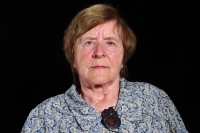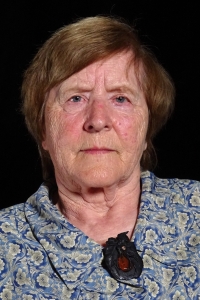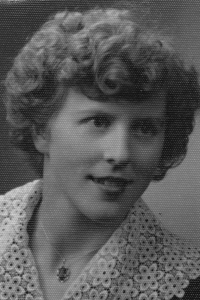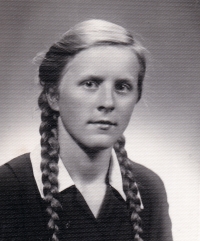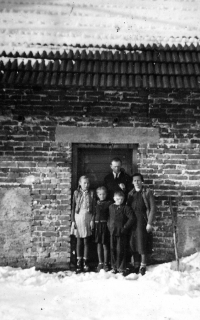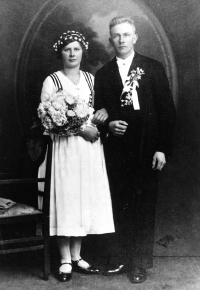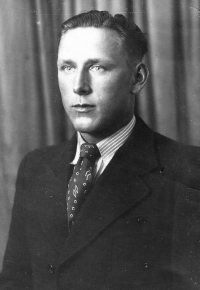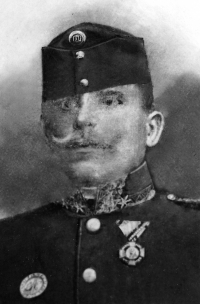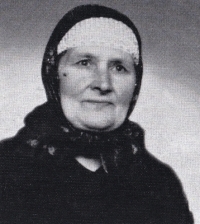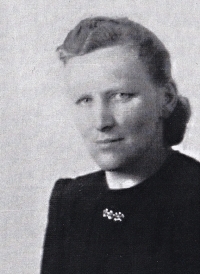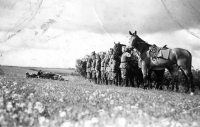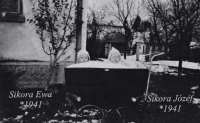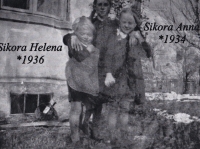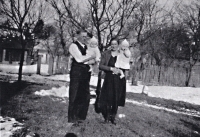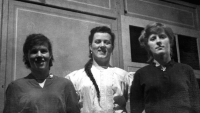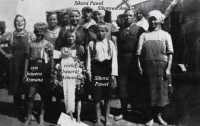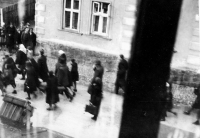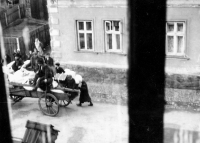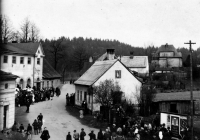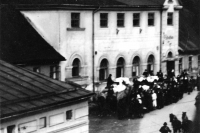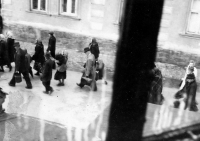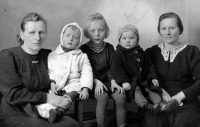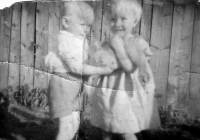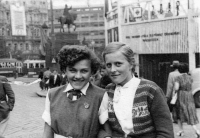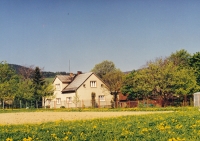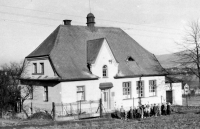Since joining the cooperative my father had been worried that he couldn‘t work on his own

Stáhnout obrázek
Eva Kiedrońová, born as Sikorová, was born on February 26 1941 in a mountain settlement in Návsí in the Těšín Beskydy Mountains. She is one of five children. Her parents farmed on a medium-sized plot of land with seven hectares of fields. During World War II, when Cieszyn (Těšínsko) was occupied by the German Empire, the family faced the pressure of Germanization. In 1942, the Nazis expelled them from their farm due to their Polish nationality and appointed a German family from Bessarabia to the farm. The parents and eldest son were deported to perform forced labor in Germany. The witness’ grandmother took care of her and the rest of the siblings. After the war, the parents restored the family farm. Until 1957 they resisted pressure from the Communists to join a unified agricultural cooperative. The witness graduated from a pedagogical college and taught mathematics and chemistry at Polish schools in the region until her retirement. She promoted the local history, traditions and dialect. She lived in her hometown, with the exception of three war years. After the fall of the totalitarian regime, the family got the fields and the forest back.
